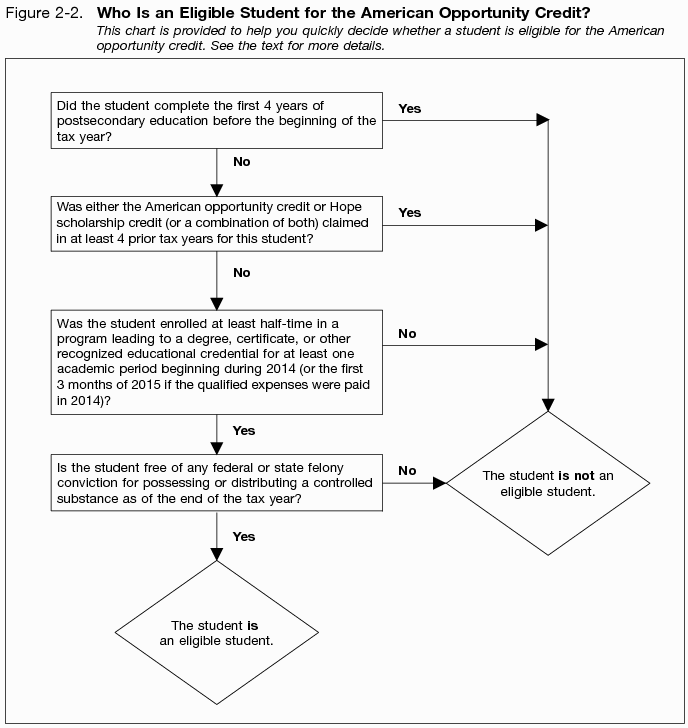How to Reduce Your Tax Bill Liability By Lowering Your Taxable Income and Claiming More Deductions
Post on: 16 Март, 2015 No Comment

I recently filed my taxes and much to my disappointment I ended up owing taxes. While paying taxes is not itself a bad thing, after all I did not give an interest free loan to Uncle Sam, what really hurts is that if I had undertaken a few actions earlier in the year I could have avoided or significantly reduced my tax bill. These tax reduction strategies are simple, possibly good investments and ones that you can put in place today. I know I have.
Increase Your 401K/IRA Retirement Account Savings Rate. This is probably the easiest and most effective way to reduce your taxable income because all contributions to a 401K or IRA plan are tax-deductible, as is all the investment growth. An increase of just a few percent will lower your taxable income, enabling you to fall into a lower tax bracket and hence face a much lower tax bill (or refund).The maximum amount an employee can contribute to a 401(k) is $17,000 and for individuals over the age of 50, they can make extra catch-up contributions of $5,500. So if you can manage it, make a higher retirement savings account contribution. Not only will it reduce your taxable income, it will help ensure a more comfortable retirement.
Itemize to claim more deductions. Rather than just take the standard income tax deduction try and itemize your deductions. It may take longer, but if you have more than just a straightforward tax situation and/or own property this approach to your taxes could have a big impact on your tax bill. I know I get about two-three times the standard deduction amount when itemizing my tax deductions.
Take advantage of stimulus payments – Many Americans will be eligible for claiming one or more of the economic stimulus tax credits. deductions and/or payments passed in 2009/2010. These will either reduce your taxable income (deductions) or give you cash back (credits). Many of these tax breaks like the home buyer credit and green energy deduction are also available this year and if you can take advantage of them, do so. It will most definitely have an impact on your tax bill and in some cases you can get the credit paid out to you in the year you claim it.
Decrease pay check withholding. A lot of times when a life event occurs, like buying/selling a house or children going to college, folks forget to adjust their employer paycheck withholdings. I learned the importance of understanding this the hard way with a hefty tax bill, due to not withholding enough taxes during the year. Take the time to ensure that the correct taxes are being withheld so that you dont have an unexpected tax bill on April 15th. On the flip side, you also dont want too withhold too much and have a big refund in the subsequent year because you are just giving a free loan to the IRS. Using last years returns and various IRS witholding calculators should help you determine the right of amount of taxes to withhold.
Get a $3000 Capital Gain Loss Tax Deduction. With most investor portfolios still recovering from past stock market losses, selling a few loser stocks for a net capital loss is a good way to get a $3,000 (or $1500 for single filers) offset on their income tax return. Investors can carry unused capital losses forward for as long as they live. This means you can recoup some of those losses against future tax returns, and potentially reduce your tax liability for a number of years.
Claim those Charitable donations — Dont forget that charitable gifts and donations are tax deductible. With the tough economic climate charities are hurting more than ever so help those in need and save some money at tax time to boot. Remember though, to deduct any charitable donation of money (cash, check, credit or payroll deduction), regardless of amount, a taxpayer must have a bank record or a written communication from the charity (normally a receipt or tax invoice) showing the name of the charity and the date and amount of the contribution. See this post for more details on taxes and forms required around charitable contributions.














